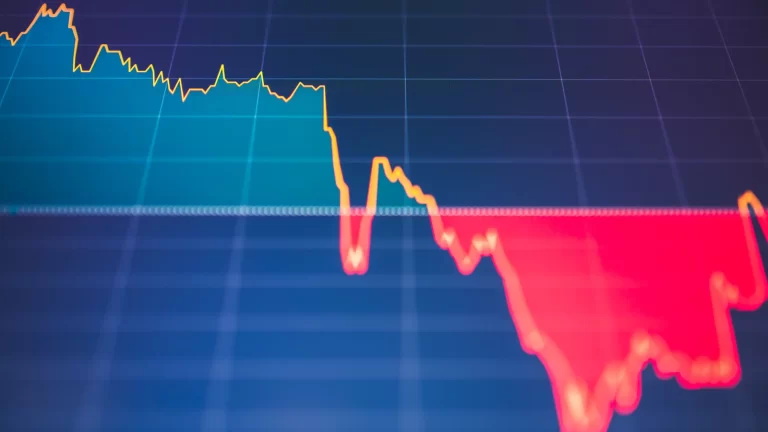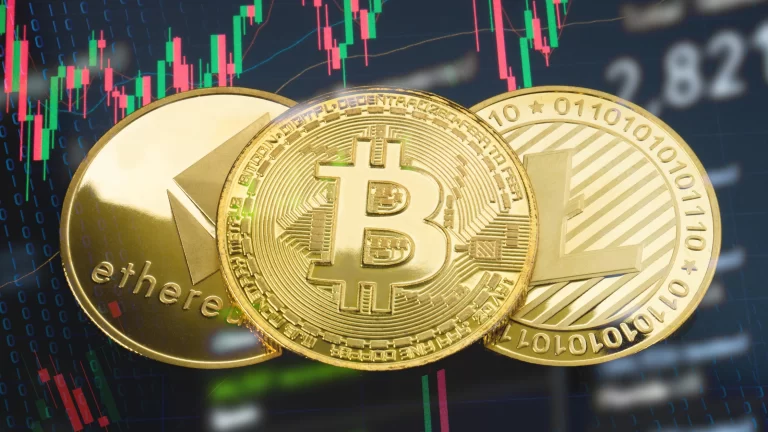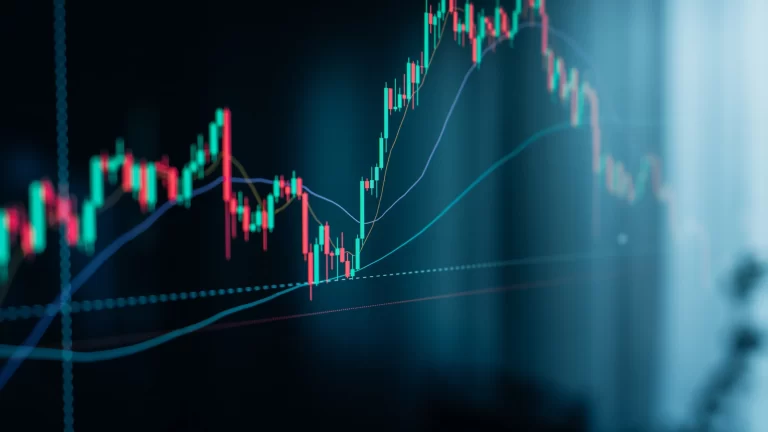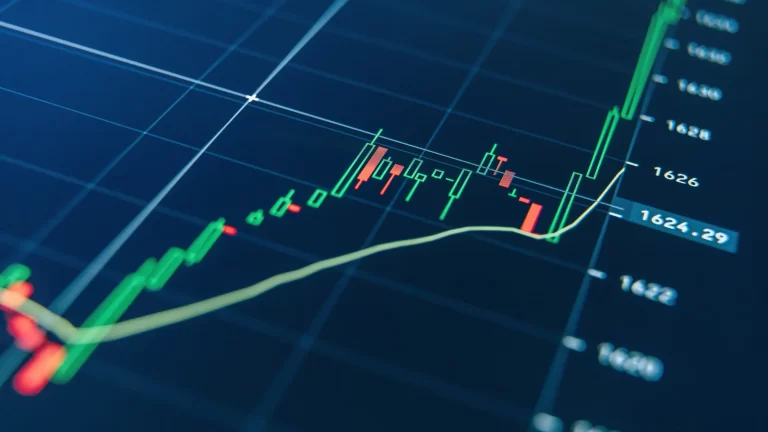From Gold to Bitcoin: The Evolution of Wealth Custodianship
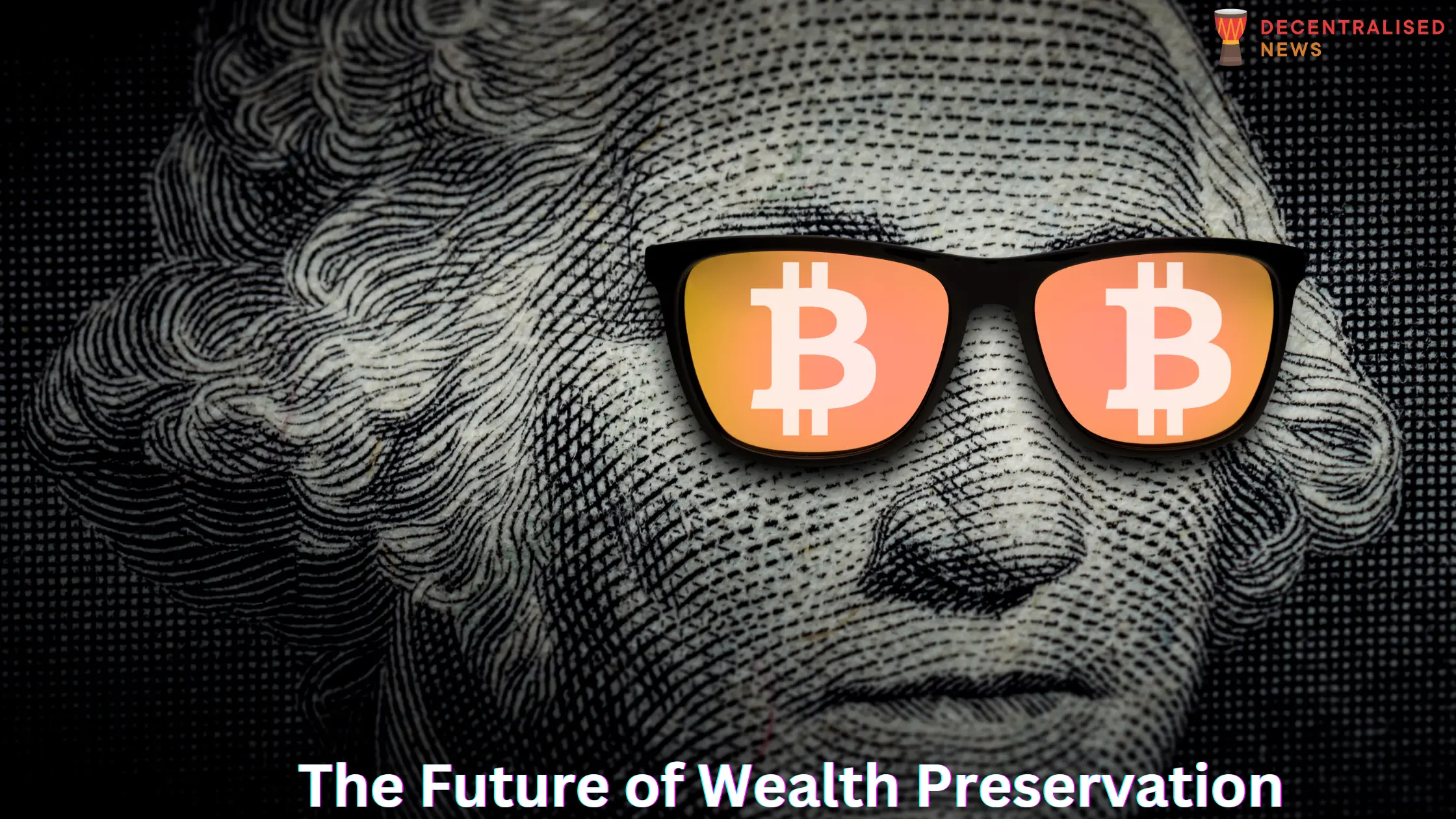
Throughout human history, one of the constants has been our desire for wealth and the security it brings. But merely acquiring wealth is half the battle; the challenge lies in safeguarding it. As we traverse the modern age of currencies and dive into the realm of decentralized finance, a pertinent question emerges: How can we ensure we remain the custodians of our wealth in an ever-evolving economic landscape?
Currencies: A Historical Perspective
Currencies, in their essence, have always been a medium of exchange, a store of value, and a unit of account. In the ancient world, barter systems dominated until they were replaced by more tangible forms of wealth such as metals (gold and silver). These metals inherently held value due to their rarity and utility. Thus, they became the default currencies across empires and civilizations.
Enter the 20th century, when gold-backed currencies began transitioning to fiat currencies. No longer were banknotes redeemable for a specific weight in gold. This shift from the Gold Standard was a pivotal moment; currency was now backed merely by the trust and confidence in the government that issued it.
The Fiat Era: A Double-Edged Sword
The advantages of fiat currencies are undeniable. Governments gained the flexibility to manage economic downturns by influencing money supply and interest rates. This monetary policy mechanism facilitated economic growth, helping nations navigate through recessions and financial crises.
However, this newfound power came at a price. The move away from commodity-backed currencies handed governments an unchecked ability to print money, leading to inflation and the erosion of savings for ordinary citizens. Further, by centralizing financial control, governments could exert significant influence through taxation and capital controls.
The Fragility of Centralized Finance
Centralized financial systems are inherently fragile. Their reliance on trust and the interconnectedness of global economies make them susceptible to systemic shocks. The 2008 financial crisis was a glaring reminder of this fragility, where a liquidity crisis in the US housing market triggered a global recession.
Furthermore, in centralized systems, individuals’ hard-earned wealth can become collateral damage to political whims and decisions. Through inflation and other monetary manipulations, governments can, inadvertently or otherwise, erode citizens’ wealth.
The Rise of Decentralized Finance and Bitcoin
Bitcoin, birthed in the ashes of the 2008 crisis, emerged as a radical solution. Its decentralized, peer-to-peer nature, coupled with its finite supply (only 21 million will ever exist), positions it as a hedge against the whims of centralized financial systems. In essence, Bitcoin offers a store of value, much like gold, but in a digital form.
The implications of Bitcoin go beyond it being a mere ‘digital gold’. It embodies the spirit of decentralized finance (DeFi). Through blockchain technology, DeFi facilitates peer-to-peer exchanges without intermediaries. This directly challenges traditional financial norms, placing power back into the hands of individuals.
Balancing the Scales: The Way Forward
While DeFi and Bitcoin advocate for financial sovereignty, it’s essential to recognize the merits of centralized systems. They offer stability, governance, and a structured approach to economic management. Yet, their vulnerabilities underscore the need for alternatives.
DeFi isn’t just an alternative; it’s a complementary system. By merging the best aspects of both centralized and decentralized finance, we can pave the way for a more inclusive, robust, and resilient global financial system.
In conclusion, as we stand on the cusp of a financial renaissance, it’s imperative to become not just wealthy but true guardians of our wealth. Through Bitcoin and DeFi, we have tools that ensure our economic agency. Embracing them doesn’t mean rejecting the old but preparing for a new era where power is decentralized and the custodianship of wealth is democratized.
